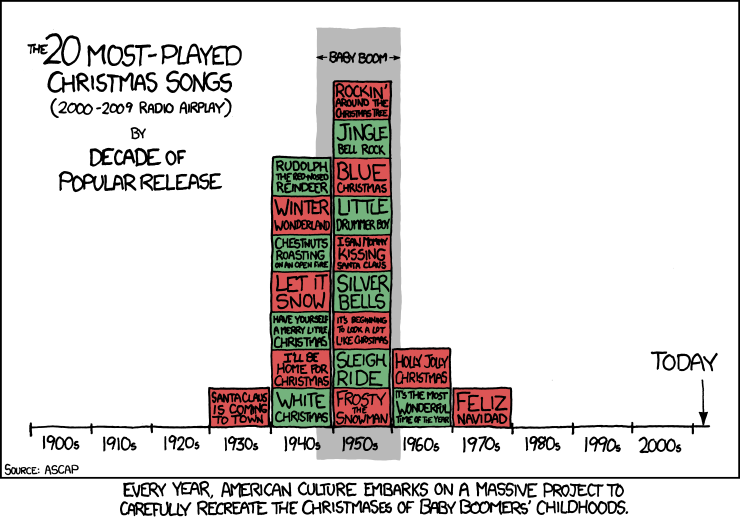Plot Keywords: Videoconferencing | Nurse | Caterer | Illustrator | Ticket |
– IMDB’s plot keywords for New Year’s Eve
My sister Rachel and I have a long-standing tradition of going to see bad movies together. Sometimes, like last year’s trip to Burlesque, they are the good kind of bad where you leave the theater feeling as though everyone involved was in on the joke. From the stars of the show to the ticket takers, you walk away feeling as though we all knew the movie was bad, so we decided to have fun with it.
Tonight, not so much.
We went to see the Garry Marshall monstrosity New Year’s Eve. Not since 30 Minutes or Less have I so longed for the days of the Inquisition or the Crusades or silent films.
It was horrible.
So bad.
So horribly, horribly bad.
And no one, not a single soul, was in on the joke. Robert De Niro? Nope. Hillary Swank? Nah. Halle Berry? Huh-uh.
And that’s just the Oscar winners.
When De Niro’s character died, I envied him.
Every single actor on the screen, including Michelle Pfeiffer and Ludacris (Really, Luda?), seemed to be working under the assumption they were in a movie that was anything other that bad.
The film attempted to zip through a multitude of storylines in 118 minutes that felt like I was living in 127 Hours. Whether we were supposed to empathize with the characters or pity them, we never really knew how.
And we were supposed to overlook the idea that Katherine Heigl and Jon Bon Jovi were supposedly one another’s soulmates? He may only be 16 years older than her, but it played like we were watching Harrison Ford meet Colista Flockhart for the first time over a bowl of green Jell-O.
If there is any redeeming quality in New Year’s Eve, it is as follows.
As someone who has been perennially let down by the fake holiday in the past, I can take comfort this year in knowing whatever I’m doing as 2012 roles in, it will be better than that movie.
